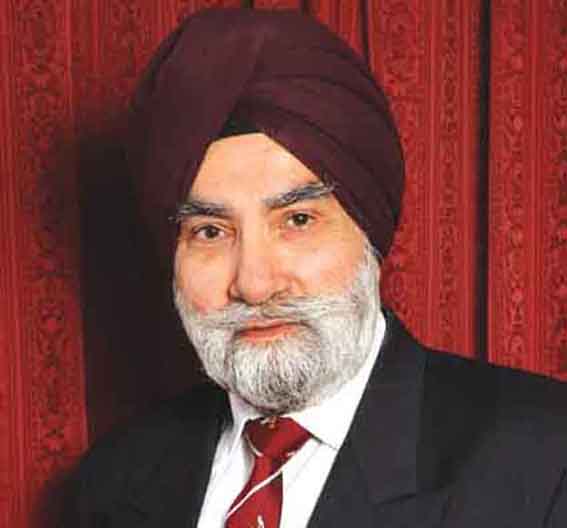Uncertain Future of Politics in UK and Panjab From a Sikh Perspective

By the time this issue of Panjab Times is in the hands of the readers, the outcome of UK General Election should be known. The Labour Pary is predicted to win and it is now more a question of the margin of the Labour victory. However, Labour is likely to gain more from anti-Tory voters than from those voting positively for Labour policies. The Party has not been in power since 2010 when the last Labour government ended in economic paralysis. There is also uncertainty about the experience of those who would form the government to face the massive national and international challenges ahead.
Many uncertain voters will opt for other parties, especially the Liberal Democrats and the new Reform UK Party. There are many voters disillusioned with UK politicians over the last few years.
British Sikhs wait with much anticipation to see more identity Sikhs and Sikh women in the Parliament. Credit goes to the Labour Party for selecting over a dozen Sikh Parliamentary candidates. A breakthrough for identity Sikhs is expected which should lead to next Sikh generations taking a keener interest in entering politics. Sikh successes will encourage other main parties to select Sikh candidates for future elections. More so as Sikhi values become better known and are identified with the British way of life and close Anglo-Sikh relations over two centuries.
There is little doubt that British Sikh success in politics will owe much to the focus on Sikh issues provided by the three Sikh Manifestos since 2015. MPs and Parliamentary candidates are better informed about these issues. Even if not united around the ideal of one Panthic table, general Sikh awareness of issues which concern them has been provided by the miri-piri approach of the Sikh Manifestos. Sikh tradition of issues-based Sikh political objectives, goes back to the 18th century Misl period.
Looking at politics in Panjab, British Sikhs will always have a legitimate keen interest in what goes on there. In the recent Indian Parliamentary elections, Khalsa Panth has spoken through predominantly Sikh seats of Khadoor Sahib and Sangrur. As a senior Sikh politician said, Panthic political Shakti manifested itself in these two constituencies. Akali Dal has been sidelined because it has been in the grip of one family and not followed Sikhi miri-piri sidhaant (ideology) for decades. Lasting damage has been done to central Sikh institutions, Punjab agro-economic and environmental interests.
Victories of Amritpal Singh from Khadoor Sahib and Sarabjit Singh from Faridkot Parliamentary seats, spoke volumes. The signal to Delhi is clear: The future of Panjab politics including that of Akali Dal, will depend on how the powers that be at Delhi interpret these powerful Panthic signals from Punjab. We need to bear in mind that the state was belatedly and grudgingly created after much agitation, as a Panjabi language state. Regrettably, millions of Panjabi Hindus told a historic untruth about own mother tongue and disowned Panjabi language.
Otherwise, a Sikh state in the sense of a predominantly Sikh majority state is not a viable option in the long run due to lower Sikh birth rate and migrations. The closest achievable is a Sikh ethos state as envisaged in the Anandpur Sahib Resolution.
If Panjab continues to be ignored and isolated by the centre, the danger is that the state, otherwise in a strategic position, will continue to be pushed towards unstable politics. We hope political sense prevails at Delhi.
Gurmukh Singh OBE
Principal Civil Servant retd (UK)